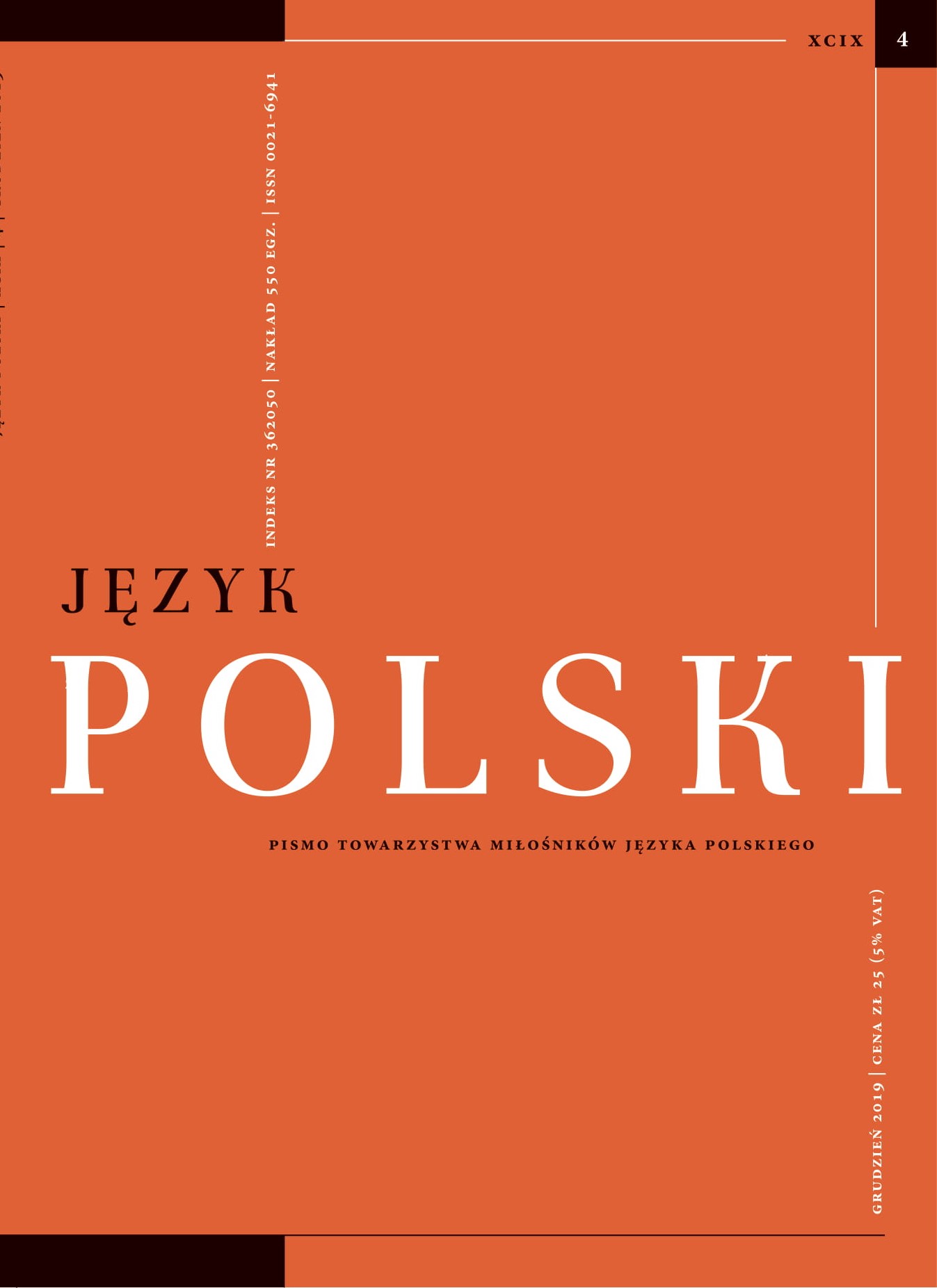Określenia dni tygodnia w nazwach miejscowych Polski: historia, pochodzenie, zmiany
Days of the week in local names in Poland: history, origin, changes
Author(s): Małgorzata Rutkiewicz-HanczewskaSubject(s): Theoretical Linguistics, Applied Linguistics
Published by: Towarzystwo Miłośników Języka Polskiego
Keywords: toponyms; place names; cultural names; names of days of the week; market villages
Summary/Abstract: The article discusses the specificity of one of the motivational groups of toponyms, and more precisely, terms derived from the names of the days of the week, including their chronology, location and naming tradition. The analysed names show a relationship between a given area of the country and the tradition of holding fairs on strictly defined days of the week. In the Middle Ages, fairs were organised all over Poland. The places were not specifically shaped and were characterised by dispersed wooden and unfortified buildings. Chartered towns often emerged from such settlements and market villages. Characteristically dispersed settlements have toponyms derived from the names of market days. They are found mainly in the Poznań and Kalisz regions, and others are found in Silesia and the areas of Łęczyca-Sieradz. A few can be found in the area of today's Sandomierz . These names include the names of days such as: Tuesday, Wednesday, Thursday, Friday and Saturday. Names that include Saturday are the most common. This day was probably considered the best for holding fairs as it preceded Sunday.
Journal: Język Polski
- Issue Year: 2019
- Issue No: 4
- Page Range: 16-29
- Page Count: 14
- Language: Polish

